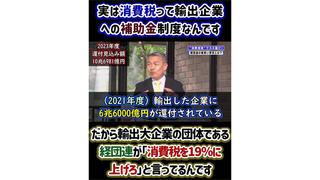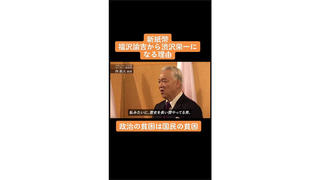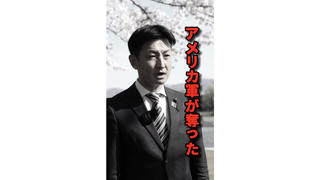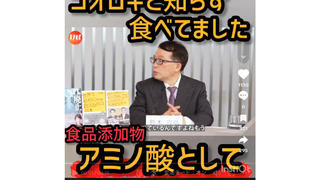
Is Japan's aging population problem a genocide by definition because less and less children are born? No, that's not true: Japan's record low of 799,728 births in 2022 and the problem of aging population cannot be considered genocide as it is not a deliberate attempt to eradicate the Japanese population.
The claim appeared on TikTok (archived here) on September 16, 2023. The video shows a clip of Hiroyuki Nishimura, a popular internet personality and founder of 2chan, a controversial Japanese message board. In the TikTok video, Hiroyuki states that genocide would be the right way to describe Japan's aging population problem, since he believes that there is a deliberate attempt by the government to delay marriages:
Japanese people are delaying marriages among each other, and due to that, the number of Japanese children is decreasing, which will continue to decrease our population even further [...] Genocide technically means "mass killings," but even though Japanese people aren't technically being massacred, they're [Japan's government] still trying to prevent Japanese children from being born so it's considered genocide.
(Translated from Japanese to English by Lead Stories staff)
This is what the post looked like on TikTok at the time of writing:

(Source: TikTok screenshot taken on Thu Sep 21 02:00:04 2023 UTC)
According to the UN Genocide Convention of 1948, genocide is defined as committing any of the five crimes quoted below, with the intention to destroy, either in whole or in part, a national, ethnical, racial, or religious group:
- Killing members of the group
- Causing serious bodily or mental harm to members of the group
- Deliberately inflicting on the group conditions of life calculated to bring about its physical destruction in whole or in part
- Imposing measures intended to prevent births within the group
- Forcibly transferring children of the group to another group
The Japanese government has tried to solve the aging population problem by making it more attractive to start families. The administration of former Prime Minister Shinzo Abe introduced the term "Womenomics" to boost female work participation and to make it easier to reconcile family and career obligations. The administration of current Prime Minister Fumio Kishida tries to revitalize Womenomics by proposing to double the spending on child-related programs. With current efforts by the Kishida administration to address the aging population problem, there is no definitive evidence that Japanese government is trying to prevent child births to eradicate the Japanese population.












